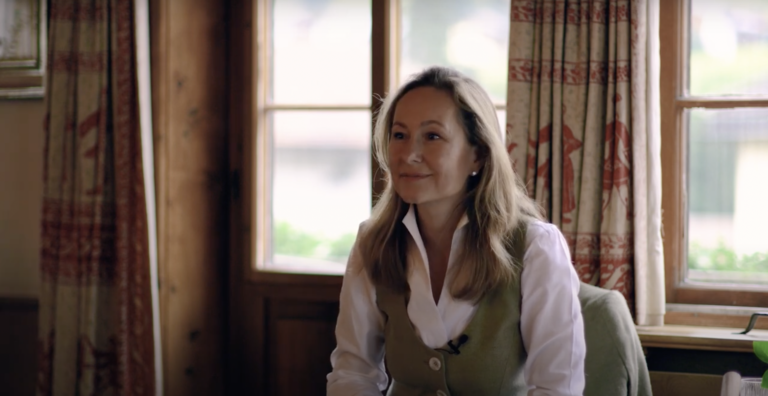No doubt we face multiple crises in the world: the climate crisis, the economic crisis, and the global health crisis are just a few of the many problems and conflicts we read and hear about daily. Inner crises are also rampant: depression, post-traumatic stress syndrome, burnout, addiction—again, just a few of the many. As leaders, we do our best to stand at the helm of organizations that strive to remedy these problems, or at least do our best to not worsen the problems. Inherently, we recognize that our inner crises and outer crises are connected. Our nervous system is on constant alert as we receive news, and personal and business communication across a multitude of channels, emails, apps, and platforms. We often feel helpless and disheartened when we look around us, and in that state, we’re less likely to identify solutions.
The inner component of leadership, the quality of our presence, and a sense of connection to the greater whole are becoming increasingly important because our inner crisis of being and our outer crises are connected. If our task is nothing less than redefining what it means to be human and our relationship with nature and each other, we need a different way of thinking, being, and leading from which an entirely new system will emerge. This work is a highly rewarding but not necessarily comfortable journey. In this process, we must acknowledge what we don’t know, where we may feel stuck, both systemically and in our own thinking, and continuously create an openness in our hearts and minds from which new insights and action can emerge. It is a continuous process of inner and outer work where our own healing facilitates the healing of the planet and vice versa.
Rather than improving your performance in a system that is broken, mindfulness and meditation can help you tap into the insight that enables you to see ways to change the system. Inner and outer work are connected to the greater whole: your inner change enables and motivates the outer change of processes, systems, and institutions that you lead, which in turn strengthens the inner change of the people affected by those processes, systems, and institutions. With practice, your mindset shifts from ego-system to eco-system awareness.
I offer three important insights for leaders to consider if they want to create positive change in the world.
First, changing the system begins by changing how we interact. Our reactions to the outside world are often not conscious. We are shaped by our experiences, our upbringing, our habits, and our culture, leading to actions determined by our thoughts and emotions—which most of the time we are not even aware of. As leaders of change, we first need to train ourselves to be present and aware of our thinking and patterns. We need to expand our capacity to be with uncomfortable sensations, such as uncertainty or conflicting views, to then be able to move from an automatic reaction to a conscious response.
Second, when a system veers close to a tipping point, a small event can lead to a massive change and reorganization of the whole system. Whenever you feel your action is just a drop in the ocean, remember that it only takes one additional drop to make a barrel full of water overflow. Your actions and your inner state of being influence others and can trigger bigger movements of change.
Third, although our individual action matters, the system develops its own characteristics that are not foreseeable by just observing the individuals themselves. This means, there can be, and often are, unintended consequences despite our good intentions. This makes “fixing the system” a lot more difficult. While we must reflect on the purpose of a given system and the intention of our behavior, it is not always the case that our action leads to the desired outcome.
We need humble leaders who genuinely care for the well-being of this planet and have the confidence to let go of their illusion of control. We need leaders who cultivate an open mind and heart, who are ready to collaborate, and who care more about “getting it right” than “being right.”
As our inner and outer crises continue to approach and cross social and environmental tipping points, old structures are collapsing, and these transitions bring a heightened element of uncertainty and disruption. They also bring a tremendous opportunity to reconnect within, start healing ourselves and our relationships, and co-create new systems that allow us to live in greater harmony with each other. As the UN Human Development Report in 2020 concluded: “A new normal is coming, one that is more than uncertain; it is unknown. …. Nothing short of a whole shift in mindsets, translated into reality by policy, is needed to navigate the brave new world of the Anthropocene, to ensure that all people flourish while easing planetary pressures.”




